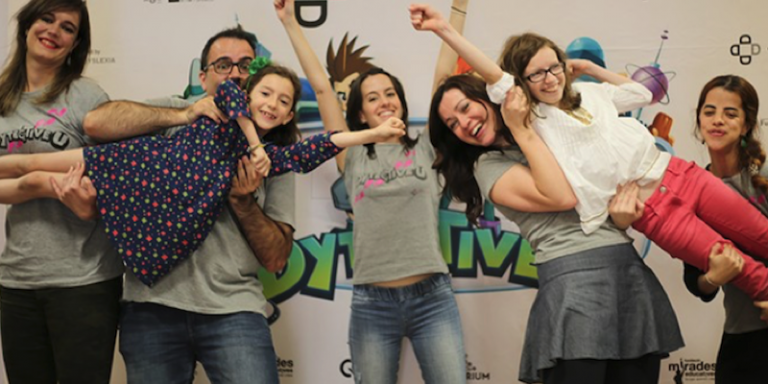
Each year the UNESCO King Hamad Bin Isa-Al Khalifa Prize rewards technological innovations in the use of information and communication technologies (ICTs) in education. This year, the theme was Artificial Intelligence for Innovation and two laureates received awards: Letrus Writing Skills and Dytective.
The two winners of the 2019 edition of the UNESCO King Hamad Bin Isa-Al Khalifa Prize for the Use of ICTs in Education are the Letrus Writing Skills programme developed in Brazil and the Dytective Dyslexia Screening Tool developed in Spain. Each winner will receive a prize of US 25,000 prize and international recognition for their innovative use of digital technologies in education.
25,000 prize and international recognition for their innovative use of digital technologies in education.
A prizewinners’ seminar with presentation of the winning projects will be organized on the occasion of the award ceremony, the date of which is still to be determined.
Translated from Intelligence artificielle dans l’éducation : Le Prix UNESCO-Roi Hamad Bin Isa Al-Khalifa distingue des projets brésilien et espagnol









